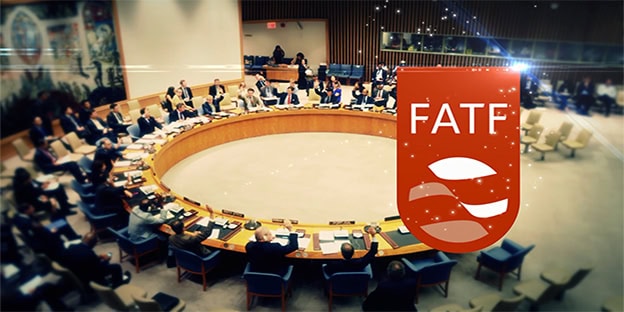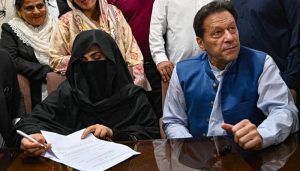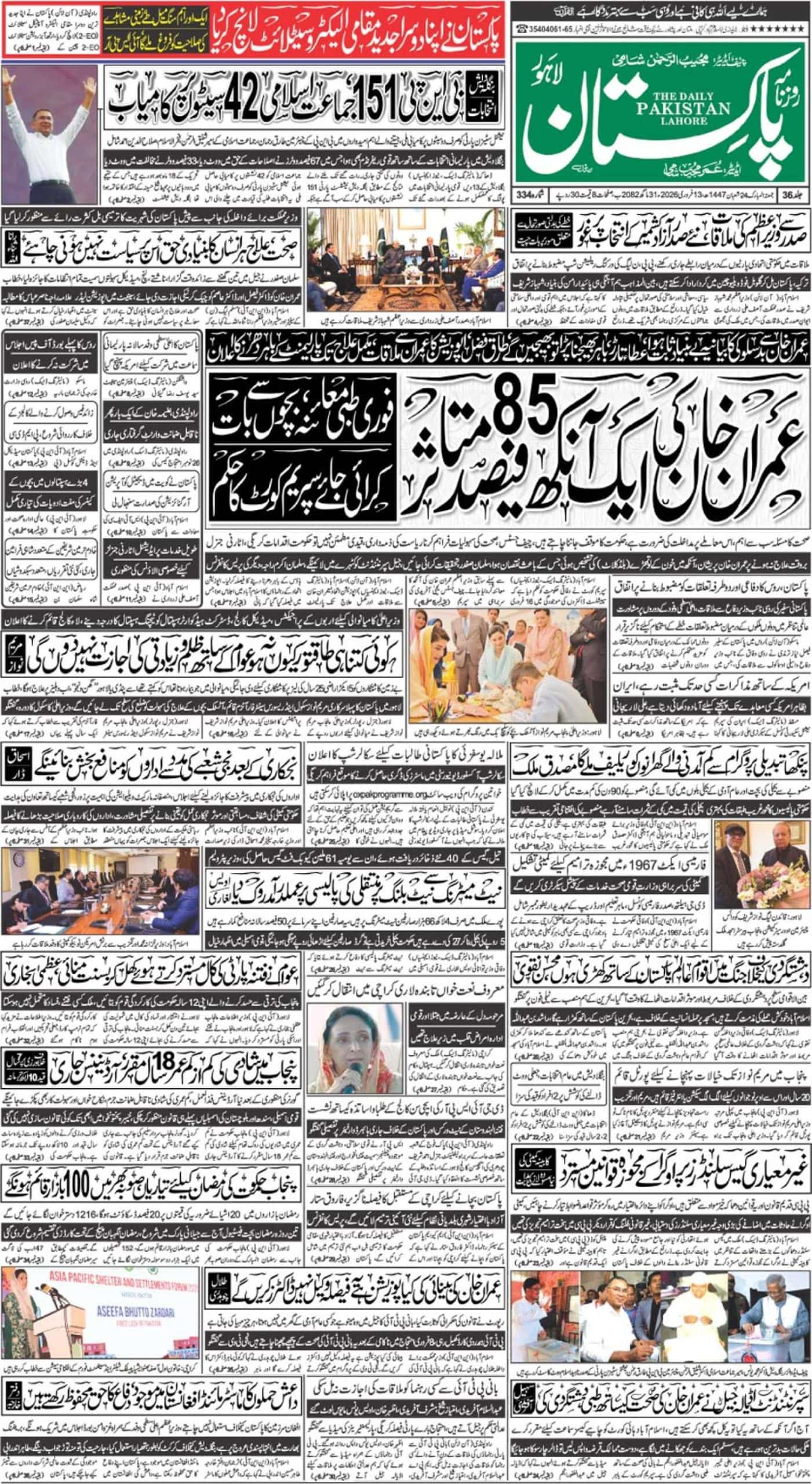That Pakistan was placed on the so-called ‘grey list’ of the Financial Action Task Force (FATF) in June this year has nothing to do with Pakistan Tehreek-e Insaf’s (PTI) past performance. However, how the party’s new government in Islamabad deals with this important issue in the very first year of its tenure will be a crucial test.
It is like this: either you get yourself out of the ‘grey list’ in about one year’s [remaining] time or fall into deeper trouble – being blacklisted.
Getting the country out of the grey zone requires fulfillment to the satisfaction of FATF – the global watchdog for money-laundering and terror finance – of an Action Plan that Pakistan has agreed to implement, with a timeframe of around 15 months (July 2018 to September 2019).
Along with ensuring sizeable inflows of hard cash to steer clear of a looming Balance of Payments (BoP) crisis, FATF requirements will seemingly be one of the two major challenges for PTI government to take care of.
Even before PTI’s new economic and financial managers started settling into their offices – in the third week of August 2018 – a delegation of the Asia Pacific Group (APG) of FATF had landed in Islamabad to review the progress on the Action Plan – a set of administrative and legal steps to be taken. Neither APG nor Pakistani authorities issued any formal statement. However, sources of different media in relevant government functionaries have disclosed it that the review did not go well.
Reports tell us that APG had found several deficiencies in Pakistan’s legislative and administrative framework related to finances of non-profit organizations (some of which may be the charity faces of banned organizations) and the regimes concerning beneficial ownership (as benami ownerships abound). Besides, loopholes in the judicial system that results in little or no convictions in cases of serious financial crimes, and weak performance of the relevant government functionaries we also identified.
APG is to submit its report to FATF for evaluation. By August 31, as the media reports suggest, Pakistan is also to share a dossier of relevant documents detailing that how Islamabad is moving ahead to fulfill the requirements of the Action Plan. Another review is just around the corner, early October.
Part of the problem – the not-so-smooth sailing so far – lies in the fact that during past over two months, Pakistan was passing through a political transition. A caretaker government in Islamabad had neither a lower house of the parliament available for legislation nor the mandate required to take major policy decisions.
Legislation will be a real challenge. It is not all about numbers in the National Assembly, as is the case with government formulation. The drafting itself is tedious and time available is simply not that much. Support of the allies – the smaller parties making part of the ruling coalition – will not always be forthcoming and there will be bargaining involved at every step. And even if a bill gets through the lower house, PTI and allies being short of even a simple majority in the Senate, passage in the upper house will become daunting. PTI may hope for the scenario that PPP, the second largest party in the upper house, will not always be standing with PML-N in every case. But this becomes tricky when PPP’s own leadership is being linked with some serious money-laundering episodes of recent years. Even better would be PTI trying for succeeding in bringing about a larger national consensus on required legislative changes.
Coordination with provincial governments should not be that difficult a task as in three of the four provincial capitals PTI itself of its close allies are in power. Strengthening of critical organizations such as NACTA and FIA and staffing them with right people for such sophisticated jobs as financial crimes – from initial reporting to the investigation to preparing the cases for the courts of law – will require several heads to join. If PTI really trusts its own ‘betterment’ in KP police during past five years, this is the time to pick some guys from the province it ruled and task them with this important job in the center.
A lot of overhaul is required and betterment desired on part of relevant units of State Bank of Pakistan (SBP) and Securities and Exchange Commission of Pakistan (SECP) will also have to be fast-tracked. The good news for PTI government is that people like Dr. Ishrat Hussain are part of the top team. The bad news, however, is that the system is too entrenched to deal with.
Ensuring that those involved are brought before the book and penalized in a corresponding manner would require a focus not only on the legal machinery of the executive but also effective coordination with the judiciary.
Last but not the least, taking on the finances of certain organizations and outfits remains a political and socially sensitive issue for a sizeable number of people in this country. Treading with care, but of course, not shying away is the way forward.
At the same time, it needs to be ensured that no political scores are settled in the name of tackling money-laundering. Vengeance be avoided, please. It will do little good and more harm.
To conclude, there is an entirely different dimension attached to this whole saga – the political and geopolitical one. It would not be wrong to say that the entire phenomenon of listing certain groups as ‘terrorist’ organizations by the US and/or the US is highly politicized – with an attempt to pressurize certain countries failing to hide themselves. Pakistan is notably one among such ‘under pressure’ nations.
No sane mind would suggest going against what the international system demands. But at the same time, it would be a bold move if the geopolitical linkages of such listings and designations are highlighted – drawing the attention of international opinion makers towards this dimension. Yes, we are here to cooperate fully with the international community but all of what we are being subjected to is not necessarily fair, should be the message.














